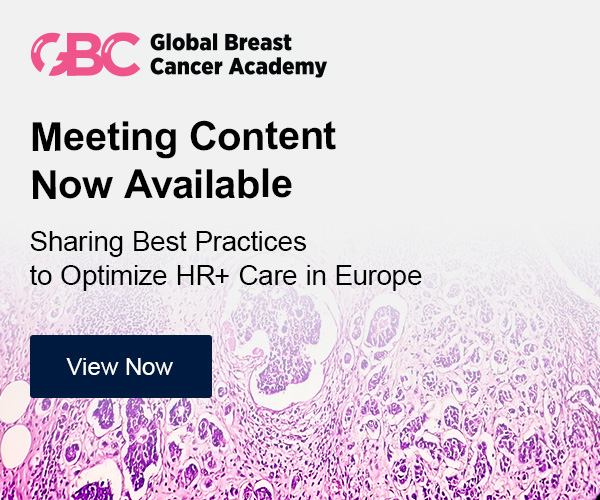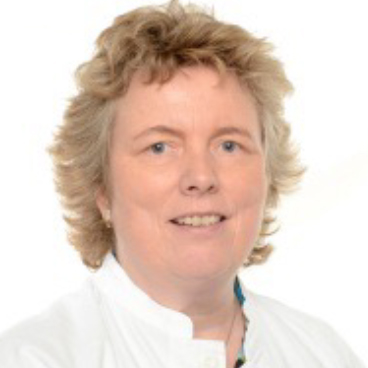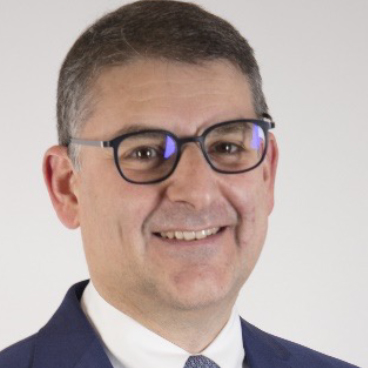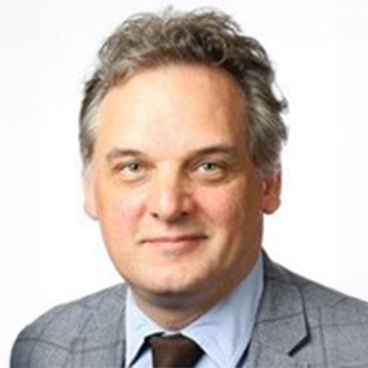Global Breast Cancer Academy
Sharing Best Practices to Optimize Patient Care in Europe
Overview
In recent years, rapid advancements in treatment options for HR+ BC have transformed care paradigms. Innovations in targeted therapies, endocrine therapy, and improved understanding of biomarkers and resistance mechanisms have opened new paths for tailored patient care.
To address the evolving complexity in BC treatment, Aptitude Health established the Global Breast Cancer Academy to help physicians bridge the gap between innovation and implementation for patient care.
Date and Location
November 25, 2025; Virtual Meeting
Faculty
|
Agenda |
This interactive virtual meeting with global experts will focus on the treatment of patients with breast cancer in countries in Europe. In recent years, rapid advancements in treatment options for HR+BC have transformed care paradigms. Innovations in targeted therapies, endocrine therapy, and improved understanding of biomarkers and resistance mechanisms have opened new paths for tailored patient care. To address the evolving complexity in BC treatment, Aptitude Health established the Global Breast Cancer Academy to help physicians bridge the gap between innovation and implementation for patient care. |
Virtual Plenary Sessions
Tuesday, November 25, 2025
17.30 – 20.30 (UTC+1) Paris
| Time | Topic | Speaker |
| 17.30 – 17.40 | Welcome and meeting overview; introduction to the voting system | Nadia Harbeck |
| Advancing Treatment Strategies in HR+, HER2+ BC: Disease Course Starting From Diagnosis | ||
| 17.40 – 18.00 |
Initial therapy of HR+, HER2+ eBC – where to start and where to go
|
Peter Schmid |
| 18.00 – 18.20 |
Monitoring and managing the treatment of patients post-resection
|
Giuseppe Curigliano |
| 18.20 – 19.00 |
BC case-based panel discussion
|
Moderated by Nadia Harbeck |
| 19.00 – 19.05 | Break | |
| How Does HR+, HER2– mBC Treatment Look Today and Tomorrow? | ||
| 19.05 – 19.35 |
Beyond a cure: Management of initial progression on ET
|
Joseph Gligorov |
| 19.35 – 19.50 |
Beyond ET: Endocrine therapy-resistant mBC
|
Giuseppe Curigliano |
| 19.50 – 20.10 |
Panel discussion: What is the optimal sequencing strategy for HR+, HER2– mBC?
|
Nadia Harbeck and all faculty |
| 20.10 – 20.20 |
How bright is the future of HR+ BC? Ongoing and planned clinical trials
|
Peter Schmid |
| 20.20 – 20.30 |
Session close | Nadia Harbeck |











